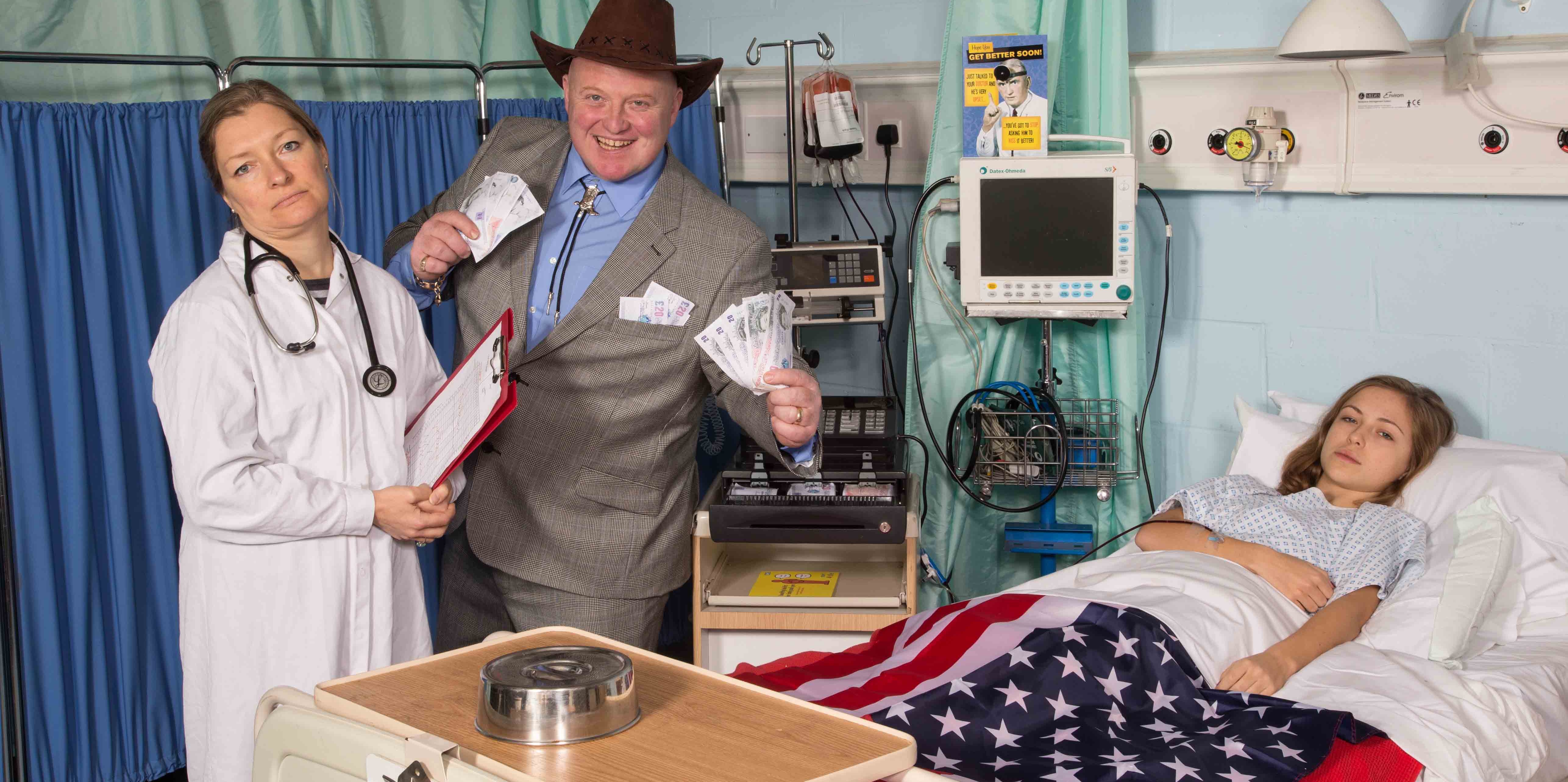Call for clarity
Will the NHS be affected by TTIP, the EU-US trade deal currently in negotiations, or won’t it?
If you believe some of what’s making the rounds in the media these past few months, you’re told you have nothing to worry about. The mammoth bilateral trade deal, the largest of its kind ever negotiated, is said to pose no threat to the health service, which campaigners fear may open it up to unbridled privatisation.
EU Commissioner Cecilia Malmstrom said “there is no reason to fear for the NHS” – a message repeated by the likes of David Cameron and the Institute of Directors.
But yesterday (January 28), Unite general secretary Len McCluskey wrote to Malmstrom, condemning the way in which the Commission has mislead the British public over the issue.
Unite believes Commission officials have been giving off-the-record briefings to the UK media, giving the impression that the NHS is exempt from the trade deal.
But as McCluskey noted in his letter, and UNITElive has reported before, there is only one way to ensure that the health service doesn’t fall within the scope of the deal – and that’s by Cameron using his veto power to explicitly exempt the NHS, a move that he is entirely within his rights to make.
“I don’t know whether the Commission is trying to mislead the British public on this issue but that certainly seems to be what is happening,” wrote McCluskey.
“My legal advice is clear,” he added. “The NHS is included within the material scope of TTIP.”
McCluskey went on to remind the Commissioner about a letter sent by TTIP’s chief negotiator to John Healey MP, which confirmed that the NHS will be subject to substantial aspects of investment protection.
“US investors in the private companies now taking over NHS services will get new rights to sue the government, as we have been saying,” wrote McCluskey, and added that even if the controversial investment protection provisions were removed, as many campaigners and politicians have called for, the health service would still be under the threat.
Although investor-state dispute settlement (ISDS) — the provisions in newer trade deals which allow corporations to sue governments in secret courts — have garnered the most media attention, other provisions make the corporate takeover of public interests just as possible.
For example, well-established state-state dispute settlements (SSDS), allow governments to sue other governments on behalf of investors, which can, in some instances, have the same insidious effects as ISDS.
McCluskey also reminded the Commissioner that she has previously stated that the UK government can comprehensively remove all aspects of the NHS from TTIP.
“Thousands of people from across England, Wales, Scotland and Northern Ireland have been calling on David Cameron to remove the NHS from TTIP for some months now,” he asserted. “However, I have not seen any evidence to suggest that this has actually happened.”
And indeed, there is no evidence that Cameron has made the decision necessary to once and for all end threats posed to the health service by TTIP, although there is plenty of evidence suggesting the public demand that he do so.
Numerous independent polls conducted for Unite have shown massive opposition to the EU-US trade deal, especially in light of its threats to the NHS. And as it was revealed this week that the NHS is the number one concern among voters in the upcoming election, isn’t it time that Cameron listened?
 Like
Like Follow
Follow

